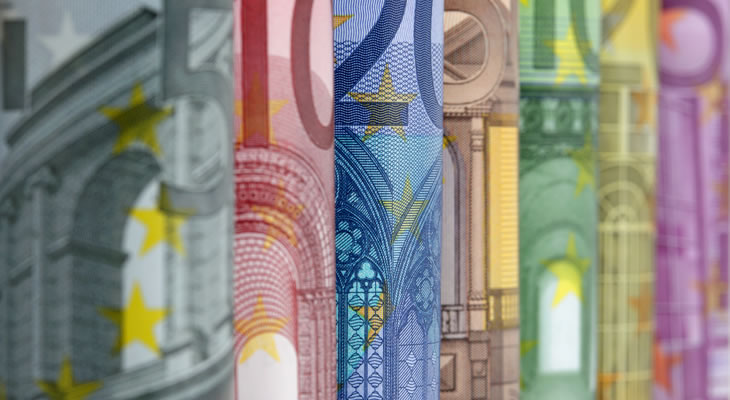Ahead of comments from Bank of England (BoE) chief economist Andy Haldane the mood towards the Pound soured somewhat, with Brexit-based uncertainty continuing to drag on sentiment.
Following the disappointment of recent UK inflation data markets are less confident that Haldane will maintain a hawkish outlook on monetary policy.
Any return to dovish rhetoric could thus see the Pound slump sharply, given that the odds of a 2017 interest rate hike from the BoE have already diminished significantly.
Further volatility is likely for GBP exchange rates in response to the second quarter UK gross domestic product.
Forecasts point towards a modest uptick in economic growth from 0.2% to 0.3% on the quarter, although this would still represent a marked loss of momentum in the wake of the Brexit vote.
However, if growth fails to show any signs of improvement in the second quarter this could weigh heavily on demand for Sterling.
With the uncertainty surrounding the outcome of Brexit negotiations likely to hamper the domestic economy for some time still to come the Pound Euro exchange rate may struggle to find sustained support in the longer term.
On the other hand, an upside surprise in the GDP data or signs of persistent hawkishness from BoE policymakers could encourage the Pound to trend higher across the board.
Weaker German Inflation Could Undermine Euro Demand
July’s raft of Eurozone PMIs proved disappointing for investors, even as the data signalled that growth across the currency union remained relatively robust.
Demand for the Euro picked up somewhat in response to the news that Greece has returned to the bond market, a positive sign for the Hellenic Republic as it attempts to demonstrate its improved health.
A strong showing from the latest German IFO business sentiment survey also dented the GBP EUR exchange rate, as sentiment in the Eurozone’s powerhouse economy continued to strengthen.
Even so, the single currency could return to a softer footing ahead of the weekend if the German consumer price index report points towards a dip in inflationary pressure.
As Bert Colijn, Senior Economist at ING, noted:
‘Even though growth remains strong, inflation is likely to remain weak. Businesses indicated that selling price growth weakened further, to the lowest rate since January. This comes on the back of a further weakening in input price growth. This confirms our view of inflation below 1.5% for a while to come, making life hard for the ECB. We expect a gradual run-up to a tapering announcement and these weak price growth signals are in line with that.’
However, if inflation shows signs of accelerating back towards the European Central Bank’s (ECB) 2% target this could offer the Euro a solid rallying point.


Comments are closed.